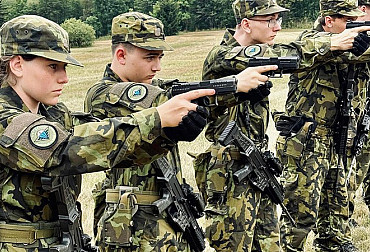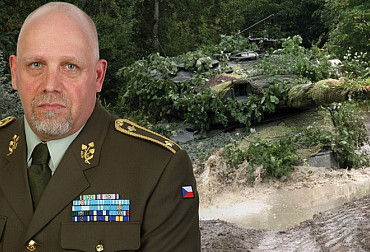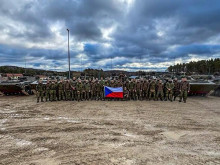The Government may approve the purchase of new cannons and missiles for the Czech Army on Monday
The 48th session of the Defense Committee of the Chamber of Deputies took place on Wednesday, September 8, the last in this election period. As usual, the meeting was also attended by the Minister of Defense Lubomír Metnar and the Chief of the General Staff General Aleš Opata. Probably the most interesting point of the meeting was "Information on the current status of key acquisition projects of the Ministry of Defense", which was discussed at the request of Minister Metnar at a closed meeting with the argument that information is intended primarily for Government meeting.
The rapporteur for this agenda item was Jan Řehounek (ANO), Member of the Subcommittee on Acquisitions of the Ministry of Defense, Trade in Military Material and Innovation of the Czech Armed Forces, and a member of the Defense Committee. Therefore, we asked him the following:
Mr Řehounek, the question arises as to why the acquisition projects were not dealt with separately by the subcommittee you are chairing?
You know, in agreement with the chairwoman of the committee, Jana Černochová, I did not convene the Subcommittee on Acquisitions after the parliamentary holidays. We have decided to include this important point again at the meeting of the "last" Defense Committee in this period. Especially when two important armaments projects are nearing the finals.
So can you tell us what the state of the process of acquiring the "NATO Cannon" and the SHORAD missile system is?
As for the NATO cannon. Covid significantly delayed the completion of this project in 2020, unfortunately the delay was not the only surprise that appeared. The final offer of the French manufacturer Nexter dramatically exceeded the amount of CZK 6 billion, which was calculated by the Ministry of Defense and which was presented to us. Of the amount of 9.5 billion, which was a surprise for the MoD and in the first phase was considered the termination of further negotiations, at least something was reduced. The resulting amount should be about 1 billion lower - which is still much more than expected, but it shows at least that the MoD did not nod to the first offer.
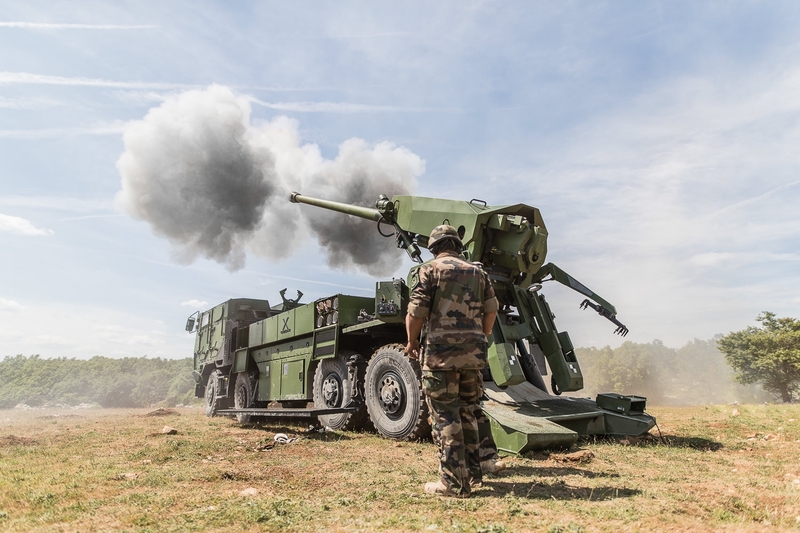
Picture: 155mm CAESAR 8x8 SPH | Nexter Systems / CC BY-NC-ND
For me personally, it is more important that the French supplier guarantees min. 40% of the involvement of Czech industry, and above all - ammunition will be produced in the Czech Republic. I believe that the whole order will move our Army closer to the 21st century and, most importantly, that we will not be dependent on foreign ammunition suppliers in the future.
And the SHORAD system?
The Israeli supplier took his breath away with his price offer perhaps even more than Nexter - 15 billion was 50% more and especially in absolute terms it would rank this project among the most expensive projects of the Czech Army. The form of purchasing G2G is probably the "safest" solution in terms of delivery guarantee, but of course it brings less flexibility in negotiations - when the supplier knows that the order is his, he tries to push the saw as much as possible. The resulting price is also lower by about 10% than originally offered, which is still significantly more than expected. 30% involvement of Czech industry is guaranteed. In this project, the targets are a little further away than the NATO cannon.
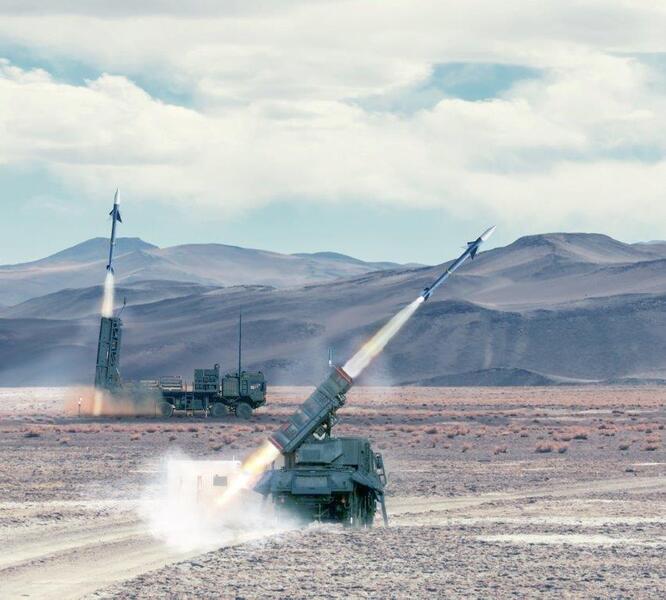 Picture: SPYDER - Short and medium range anti-aircraft missile system (SHORAD) | Ministry of Defense of the Czech Republic
Picture: SPYDER - Short and medium range anti-aircraft missile system (SHORAD) | Ministry of Defense of the Czech Republic
And the signing of contracts and the end of the selection process? Will they make it to the elections?
It was clear from the representatives of the Ministry of Defense of the Czech Republic that everything is planned so that the signing will be up to the elections and, most importantly, that it will be signed. And I must also appreciate the approach of all VO members across the parties - no one said "don't sign, leave it to the new Government".
I can't not ask about the tender for the new IFVs…
At IFV, it won't make it to the elections! Moreover, in this project, the pressures for the reassessment of the entire order - the transfer of the entire production to the Czech Republic - mainly from the MIT, are increasing. They are relevant, but in my opinion they come late - the project is at a stage when its cancellation can bring such steps on the part of applicants, which can bring a significant financial impact on our state. And the eventual cancellation of the entire project threatens the project as such. The economic situation after the covid is such that any doubts may mean that the funds prepared for this project could be allocated elsewhere. So, in my opinion, it is actually good that the project was less delayed thanks to covid - the decision on implementation should be taken with full responsibility by the new government. I believe it will be right.
And if you allow me, in the end I would like to thank the Deputy Minister for Acquisitions L. Koudelka. Both for the goal and, above all, for openness in negotiations with the members of the subcommittee and the committee as such. He understood that we would not talk to him about what and how he was doing - it was not our task, but his, and especially the fact that in return we would want regular information about the development of individual projects and especially about the risks that may arise.
In total, the total price of the contract for NATO cannons is 276,768,033 € without VAT or. CZK 7.04 billion excluding VAT (CZK 8.52 billion including VAT). Reasons for the increase in the original price of CZK 5.95 billion by 44% include an increase in inflation, including the impact of the COVID-19 pandemic, relocation of production to the Czech Republic, increased prices of energy, raw materials and supplies, adjustments to Czech Army’s requirements, growth of the average nominal wage 2018 to 2020 and a reduction by the discount provided by the supplier. This increase should also include the purchase of a license for the production of ammunition for the STV Group.
An important message for the defense industry and the Czech economy is certainly the information confirmed to us by the Director of Communication of the Ministry of Defense Jan Pejšek: "The first 4 cannons will be produced in the NEXTER factory and the remaining 48 cannons will be made in the Czech Republic."















